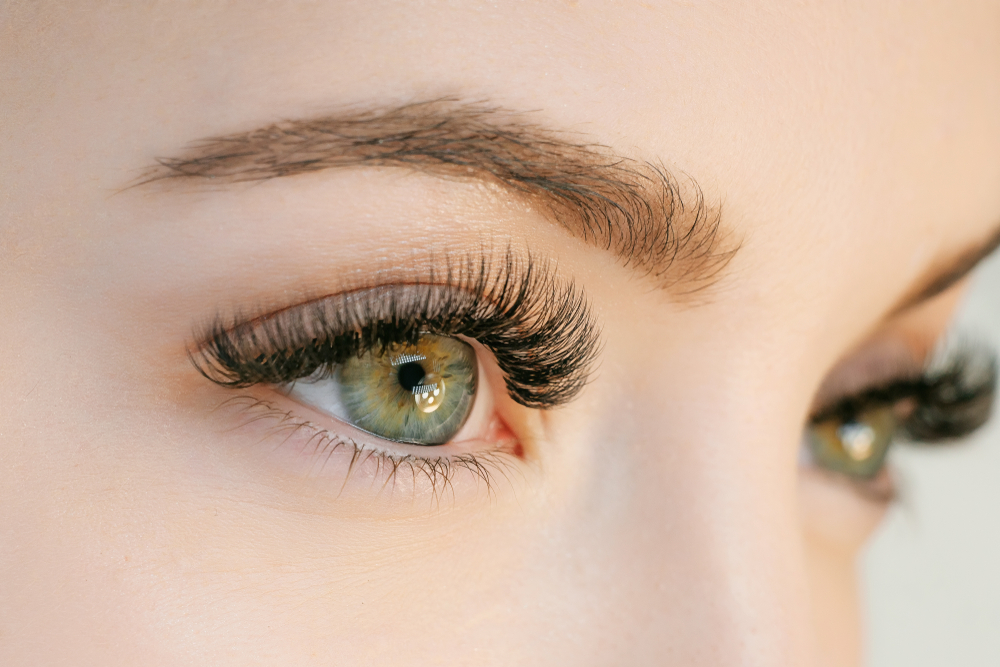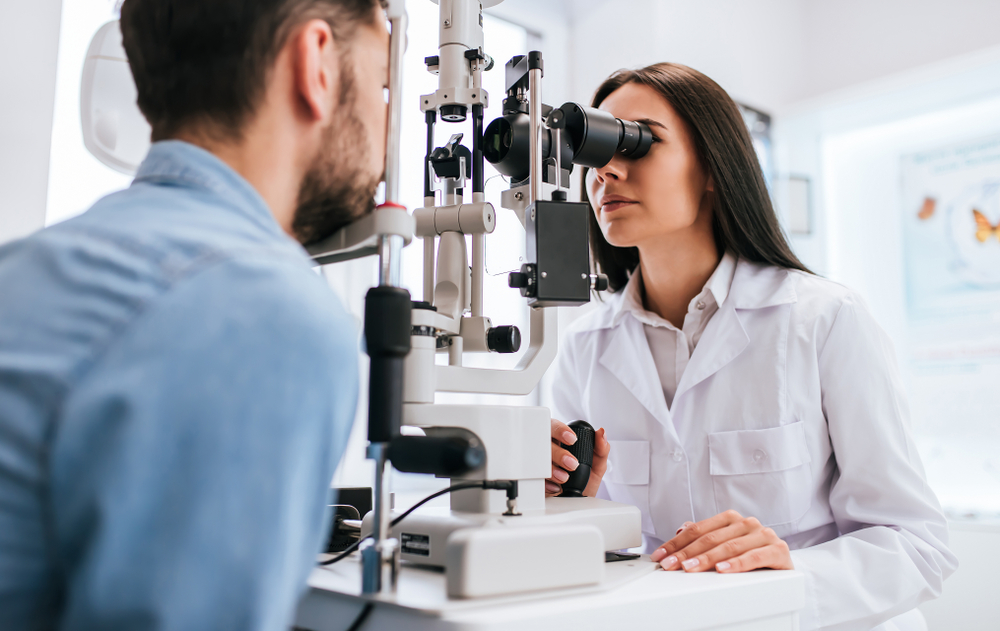Many of us take our sight for granted until we notice a problem, but just like our hearts, skin, and bones, our eyes need daily care too. With screen time increasing and lifestyles shifting, maintaining healthy vision has never been more important.
The Role of Nutrition in Vision Care

What we eat plays a big part in supporting long-term eye health. Diets rich in leafy greens, oily fish, nuts, and citrus fruits provide essential nutrients such as vitamin C, vitamin E, zinc, and omega-3 fatty acids. These nutrients can help protect against age-related eye conditions, including macular degeneration and cataracts. Choosing fresh produce over processed snacks not only benefits your overall wellness but also strengthens your eyesight over the years.
Screens and Strain
From working remotely to binge-watching favourite shows, screen use has become unavoidable. Unfortunately, long stretches in front of digital devices often lead to eye strain. Symptoms like dryness, blurred vision, headaches, or difficulty focusing are now common. A simple but effective technique is the 20-20-20 rule: every 20 minutes, look at something 20 feet away for at least 20 seconds. This small habit can give your eyes much-needed relief throughout the day.
Small Lifestyle Shifts That Make a Big Difference

Protecting your eyes doesn’t require a complete lifestyle overhaul. Simple actions like staying hydrated, getting regular sleep, and making sure you read or work in good lighting can reduce stress on your vision. Physical activity also boosts circulation, which is vital for healthy blood vessels in the eyes. Even wearing sunglasses outdoors can shield your eyes from harmful UV rays and prevent long-term damage.
The Importance of Corrective Lenses
As we age, many of us will need some form of corrective lenses, particularly for reading or close-up tasks. Glasses are no longer just a practical tool; they can also be an expression of personality. For example, options such as stylish reading glasses show how eyewear can feel modern and personal while still supporting everyday comfort. Vision care is about more than seeing clearly — it can be seamlessly woven into your lifestyle.
When to See a Professional

Lifestyle changes help, but they don’t replace professional care. Regular eye exams are essential, as they can detect issues like glaucoma or diabetic retinopathy before symptoms appear. Adults are usually advised to book an eye exam every two years, though your optometrist may suggest more frequent visits depending on your health and age. These checkups are a key part of preventative wellness, giving you peace of mind and protecting your sight for the future.
Protecting Your Eyes for the Future
Good eye health is a long-term investment, but it doesn’t have to feel overwhelming. By focusing on balanced nutrition, mindful screen use, small protective habits, and professional checkups, you can safeguard your vision for years to come. Think of it as part of your overall wellness routine — a way to make sure you see the world as clearly as possible, for as long as possible.





